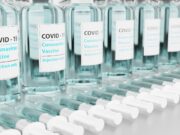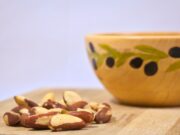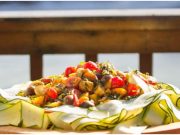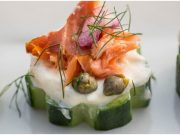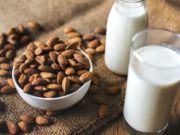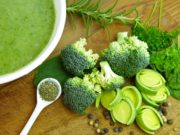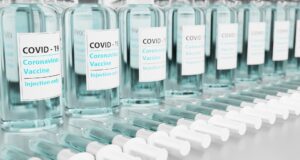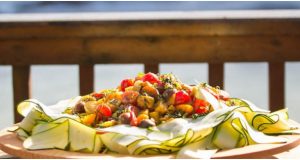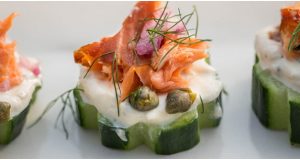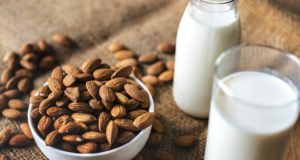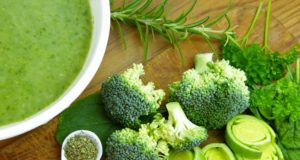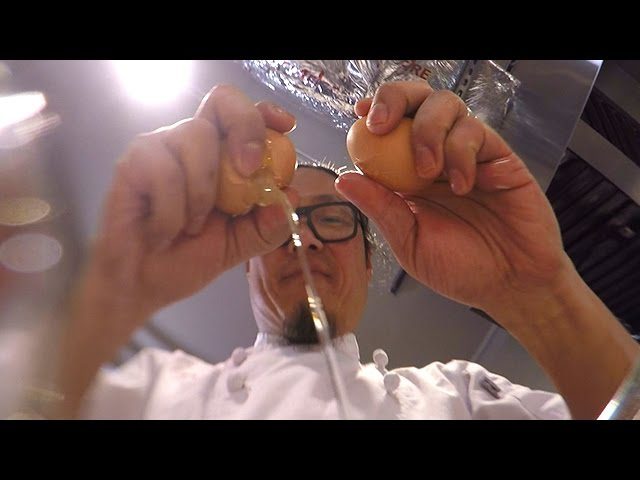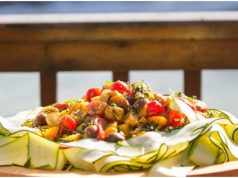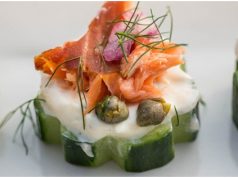The subtleties of eggs! I learned a lot from keeping chickens myself in the city. Firstly you have to get up at crack of dawn every day! Also, they need protecting from coyotes, even in cities like Vancouver where self-perpetuating bureaucrats somehow think we have to be kind to these highly adaptive and predatory animals.
They love particularly people’s pets and demolish cats that are not fast enough! All for keeping them in the bush, not in the inner city!
What does organic, free-range, pastured, cage-free really mean?
Bottom line:
organic poultry and eggs are guaranteed to be free-range. so long as abiding by organic standards.
and free-range not necessarily organic!
personally, buy organic eggs from Costco as I know they do their research!
then I know they have not been fed antibiotics for growth.
Really only two labels to look for: organic and pasteurized!
I have been through the egg dilemma of the 70s. Spent my time misunderstanding eggs and cholesterol! In fact, the right egg is one of the healthiest foods out there!
We hear a lot about companies like MacDonalds declaring a humane approach to chickens and their eggs but in reality, the slight differences are almost semantics!
USDA’s definition of free-range does not specify the amount of outdoor space hen must have or time outdoors nor a requirement for pasture diet…the food may be quite non-pasture!
My go-to authority Dr. Joseph Mercola states: True free-range eggs, now typically referred to as “pasture-raised” as a way to differentiate them, come from hens that roam freely outdoors on a pasture where they can forage for their natural diet, which includes seeds, green plants, insects and worms.
He also states: the cage-free and free-range labels say little to nothing about the conditions in which the chickens are raised, and more often than not, they’re still deplorable. So, for the best quality eggs, from the most humanely-raised hens, the label you’re looking for is “pastured.”
And continues educationally:
•“Free run” eggs are from chickens that are not confined to battery cages, but they’re still cooped up indoors, in a giant factory-style building, without access to the outside.
•“Free-range,” is basically the same, but with access to the outdoors — at least in theory: Pictures from some free-range farms have a conspicuous absence of chickens in their outdoor areas.
•Then there’s pastured. CBC visits Organic Meadows, a farmer-owned cooperative that raises “pastured” chickens and eggs. Each day, the barn is opened up and the birds migrate outdoors.
“Fresh air and sunshine, that does a lot of good to an animal,” the farmer says. The hens are fed organic feed, and the eggs are hand-gathered. Thus, they command a markedly higher retail price.
BUT importantly respecting eggs the diet impacts not just taste but also nutritional value.
Organic Meadow’s pastured eggs received the highest nutritional rating:
having three to five times more vitamin E,
twice as much omega-3 fat
and significantly higher amounts of vitamins A and D than the other eggs.
Also: eggs are one of the healthiest foods around, loaded with valuable vitamins and minerals, including selenium, vitamins B2 (riboflavin), B5 (pantothenic acid), B7 (biotin) and B12, high-quality protein, iodine, vitamin D, zinc, omega-3 fats and more.
And finally, as Mercola points out:
Today, we also have antibiotic-resistant strains of salmonella to contend with, which makes potential contamination even more worrisome. While there’s no way to guarantee 100% safety at all times, the benefits of free-range poultry are becoming more well-recognized, and reduced disease risk is definitely part of that benefits package.
Eggs are also an important source of lutein and zeaxanthin, two antioxidants are known to play a role in healthy vision and the prevention of cataracts and macular degeneration, and are one of the best sources of choline available, providing 430 milligrams of choline per 100 grams.
https://www.youtube.com/watch?v=zgVFmfibjeE
Choline helps keep your cell membranes functioning properly, plays a role in nerve communications and prevents the buildup of homocysteine in your blood, which is good because elevated levels are linked to heart disease.
In summary, it seems difficult to obtain an adequate Choline intake without the benefit of eggs! Look for that bright orange colour and not the dull pale yellow of caged hens!
Let’s ensure Exciting Eggs Are Health Triumph! and in Reality!







